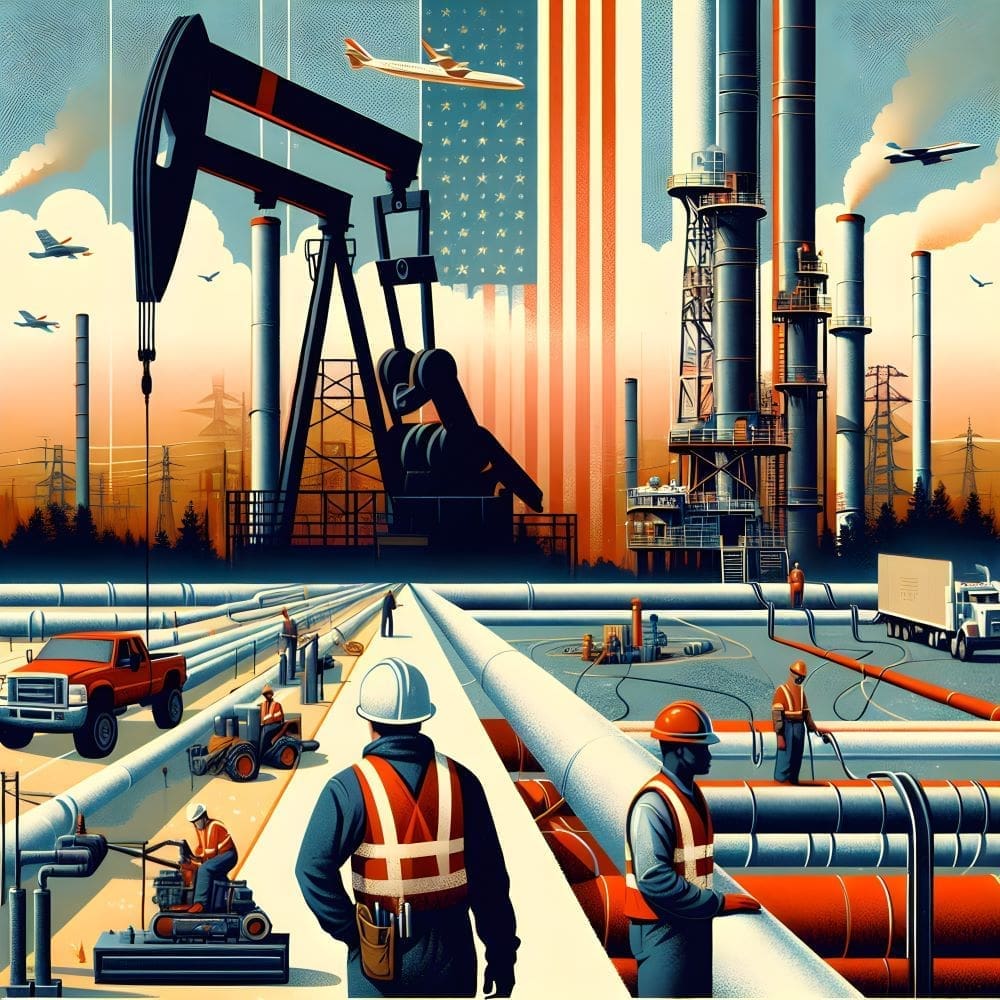It’s official: Donald J. Trump is the Republican Party’s candidate for President of the United States of America for the third time.
All indications point to Trump taking many of the same positions on energy issues that he took in 2016 and 2020, which included reducing taxes and regulations, encouraging drilling and production, and approving new infrastructure projects.
Trump overturned many of the restrictions and regulations implemented by President Obama, and he has said he will reverse many of the programs adopted by President Biden.
Trump has said many times this year he will encourage the domestic oil and gas industry to “drill, baby, drill.” He believes a healthy oil and gas industry contributes to a healthy economy and decreases U.S. reliance on foreign energy.
The Biden administration has reduced leasing of federal public lands (onshore and offshore). Trump most likely will seek to change the Biden leasing practice and offer more lands for exploration.
Additionally, the Biden administration has temporarily paused issuing new export permits for liquefied natural gas (LNG). If elected, look for Trump to quickly overturn this policy. LNG exports from the U.S. have grown significantly because of the increase in demand in Europe and Asia. Actually, the U.S. is the world’s largest exporter, offsetting natural gas exports from Russia since its invasion of Ukraine.
Many of the tax credits and subsidies for green energy included in Biden’s $1.7 trillion programs will probably be targets of the Trump administration. Changes to these programs will need passage from the House and Senate.
Changing the vehicle efficiency standards proposed by Biden’s Environmental Protection Agency will be high on the “to do” list. The standards would be very high, and many gasoline-powered vehicles would not be able to comply, forcing consumers to consider purchasing electric vehicles.
According to the American Energy Alliance, the Biden bureaucracy has issued more than 100 proposals that have made it harder to produce oil and gas in the U.S. These include EPA emissions standards, the Interior Department’s restrictions on leasing, the Energy Department’s releases from the Strategic Petroleum Reserve, the ESG proposal from the Security Exchange Commission, and the Department of Justice’s “environmental justice” program.
So, if elected, President Trump will have many choices regarding which issues he wants to change.
The differences between Trump and Biden are clear: Trump seeks to increase production while Biden has tried to regulate the industry out of business.
Now, the voters will be able to decide.
Alex Mills is the former President of the Texas Alliance of Energy Producers.






